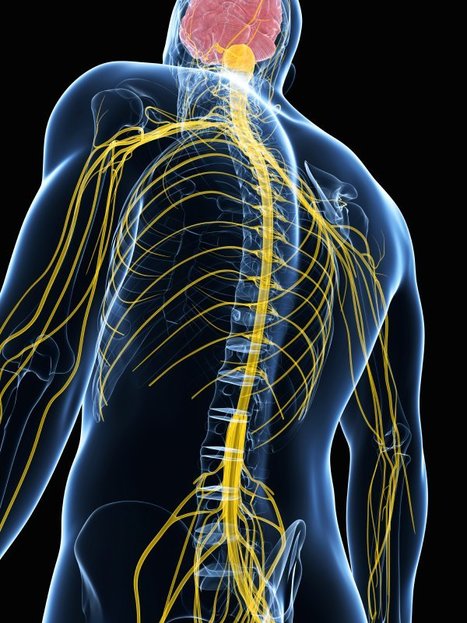Neuropathy affects about 8 percent of individuals over the age of 55. Your nervous system is composed of 2 parts: the central nervous system and the peripheral nervous system. The nerves of your peripheral nervous system transmit messages between your central nervous system, that is your brain and spinal cord, along with the rest of the body.
These nerves regulate a massive range of functions throughout the body, such as voluntary muscle movement, involving the motor nerves, involuntary organ action, through the autonomic nerves, and also the perception of stimuli, involving the sensory nerves. Peripheral neuropathy, which is often simply referred to as “neuropathy,” is a state that happens when your nerves become damaged or injured, often times simply disrupted. It’s estimated that neuropathy affects roughly 2.4 percent of the general populace and approximately 8 percent of people older than age 55. However, this quote doesn’t include people affected by neuropathy caused by physical trauma to the nerves.



 Your new post is loading...
Your new post is loading...









Neuropathy is a disease or dysfunction of one or more peripheral nerves, accompanied by symptoms of pain, weakness and numbness. While physical trauma, infection or exposure to toxins can cause neuropathy, diabetes has been considered to be the most common cause for neuropathy. For more information, please feel free to ask Dr. Jimenez or contact us at (915) 850-0900.